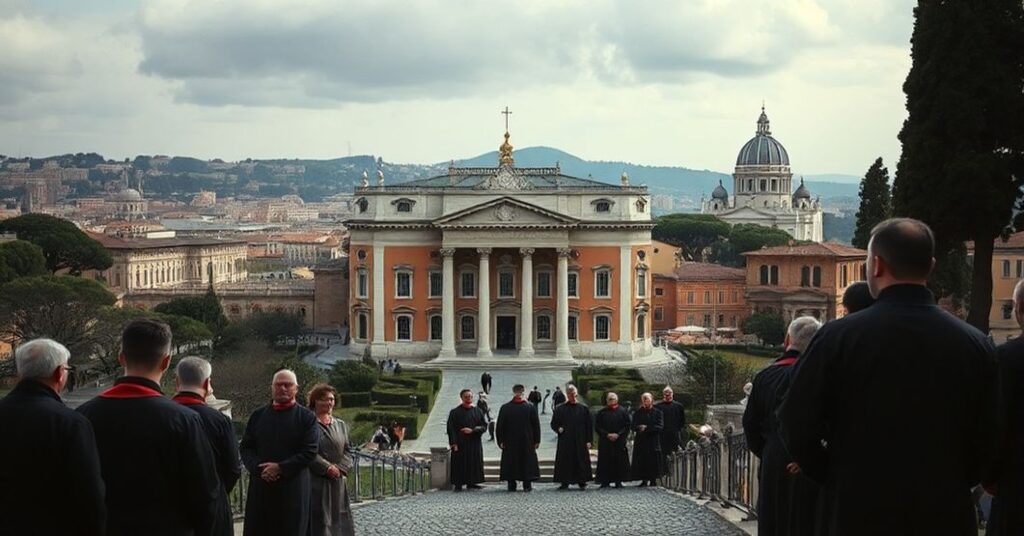UNDEVIGINTI SAECULA (1960.03.03)
John XXIII’s Latin letter “Undeviginti saecula” is a brief appointment of Aloisius Josephus (Aloisius Joseph Muench) as papal legate to preside over celebrations in Malta commemorating nineteen centuries since the shipwreck of St Paul. The text extols Malta’s natural gifts, praises its traditional fidelity to the Catholic faith, recalls St Paul as planter of that faith, and exhorts that all private and social life in Malta rest on the foundation which St Paul laid: Jesus Christ. It concludes with an apostolic blessing.










